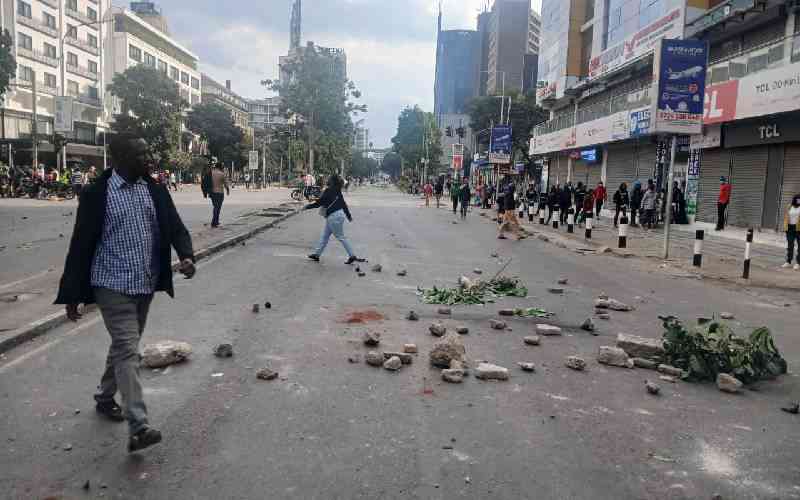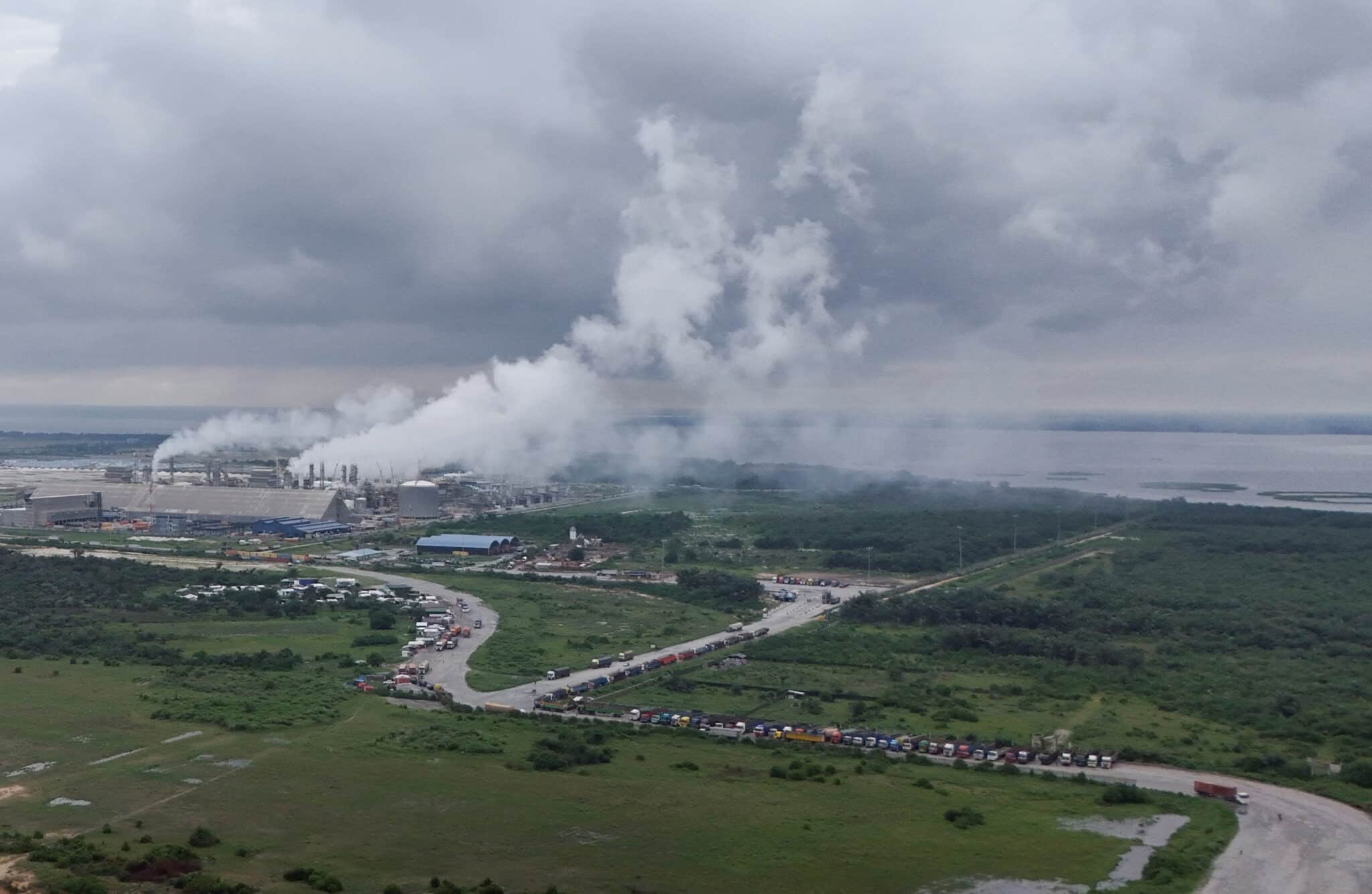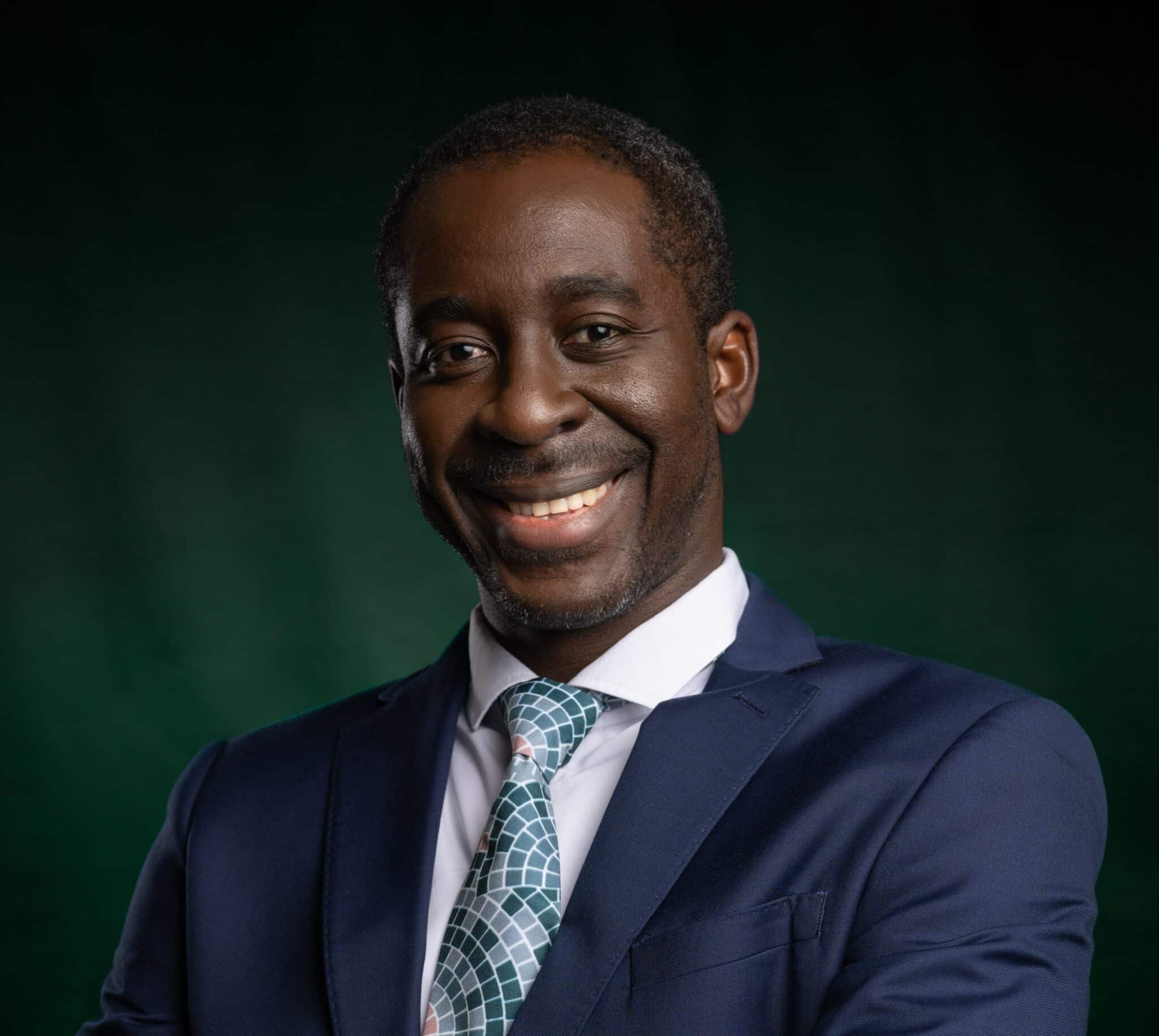Nigerian archaeologist wins world's largest award for historical research
A Nigerian research archaeologist, Abidemi Babalola, has been awarded the 2025 Dan David Prize for his archaeological work on the history of glass beads.
Mr Babalola’s research on glass beads focused on understanding the glassmaking technology in Ile-Ife, Osun State, which has transformed the global understanding of the archaeology and history of primary glass production and challenged the long-held notion of a non-inventive Africa.
Founded in 2001 by the late entrepreneur and philanthropist Dan David and headquartered at Tel Aviv University, the prize is a prestigious international award that recognises and supports outstanding contributions to studying and related disciplines that shed light on the human past.
According to a statement published on its website, the award organisers disclosed that Mr Babalola, who holds a PhD from Rice University in Houston, Texas, USA, was one of nine recipients whose work explores the human past through exceptional research and scholarship.
The winners, comprising researchers and filmmakers working across Africa, Asia, Europe, and the Americas, each receive $300,000 (USD) to recognise their achievements and support their future endeavours.
Ariel David, a board member of the Prize and son of the prize founder, said the winners’ work spans a wide range, from using archaeological methods to examine Nazi death camps, to reshaping our understanding of the development and use of glass in Africa.
He added that by making groundbreaking discoveries or applying innovative approaches to historical research, the winners consistently challenge the organisers to reflect on the past while reimagining how it is illuminated.
“We are also particularly excited that two winners work in the film industry this year, helping bring scholarly findings to broader audiences and thus highlighting the importance of historical research for society.”
Additionally, Tim Cole, historian and Academic Advisor to the prize, expressed his delight at including the nine individuals in the growing community of scholars, curators, and filmmakers worldwide.
“They will join the 27 previous winners who research varied aspects of the human past together. The originality of the questions being asked and the methods deployed show how archaeologists and historians creatively work within and across disciplines to offer new understandings of our collective past.”
Mr Babalola holds an MA and BA degrees from the Department of Archaeology and Anthropology at the University of Ibadan.
His study of early glass technology explores themes such as creativity, resilience, specialisation, experimentation, survival, political economy, indigenous knowledge systems, science, and techno-identity.
It also redefines the dynamics of technological invention in Iron Age Sub-Saharan Africa.
His work has received numerous accolades, including the Conservation and Heritage Site Award from the Archaeological Institute of America (AIA).
Mr Babalola currently serves as the lead archaeologist on the Museum of West African Art (MOWAA) Archaeology Project in Benin City, Nigeria, within the Department of Africa, Oceania, and the Americas (AOA) at the British Museum.
Before joining AOA, he was a Mellon Postdoctoral Fellow in the Scientific Research Department of the British Museum, where he worked on the collection of copper alloy objects from the Lower Niger region of Nigeria.
His research lies at the intersection of the archaeology of pyrotechnologies and the history of science, technology, and invention in pre-modern West Africa.
He is also the Director of the Archaeology of Glass Project in Ile-Ife and served as Principal Investigator on a British Museum (Arcadia) Endangered Material Knowledge Grant project focused on the digitisation of glass and glass bead-making, its use, meaning, and symbolism in Ile-Ife (Southwestern Nigeria) and Bida (Central Nigeria).
Congratulating Mr Babalola, Saheed Aderinto, one of the 2023 award recipients, described him as a long-time friend who has conducted extensive research on the history of glass beads.
In a statement on his Facebook page on Thursday, Mr Aderinto noted that the award ceremony took place on 28 May in Italy.
“The Prize money helps the winners to continue to break new boundaries. Dr. Babalola will receive $300,000 into his bank account. If you see him, bill him—he has real money! So, what exactly did Dr. Babalola do to win the Dan David Prize? A simple explanation is that he proved that glass bead production is indigenous to Africa. This is a novel and Nobel discovery because, for decades, scholars argued that Africa couldn’t produce glass beads. Because material culture is a gateway to the history of human civilisation, his discovery has a major implication for Africa’s ancient history”, he said.
According to him, for over two decades, Mr Babalola carried out numerous archaeological excavations in Ile-Ife, worked in world-class laboratories, and held prestigious fellowships at Harvard University and the University of Cambridge.
He stated that Mr Babalola’s tireless efforts and groundbreaking discoveries have further elevated Ile-Ife’s place in Yoruba history and opened new avenues for understanding ancient African civilisation.
“Combining hardcore scientific tools with ethnographic, archaeological, and historical methodologies, Dr Babalola explicates the cardinal place of glass beads in Ile-Ife and Yoruba culture, placing the history of a material object at the centre of a wide range of experiences that transcend class, gender, power, religion, and authority.













